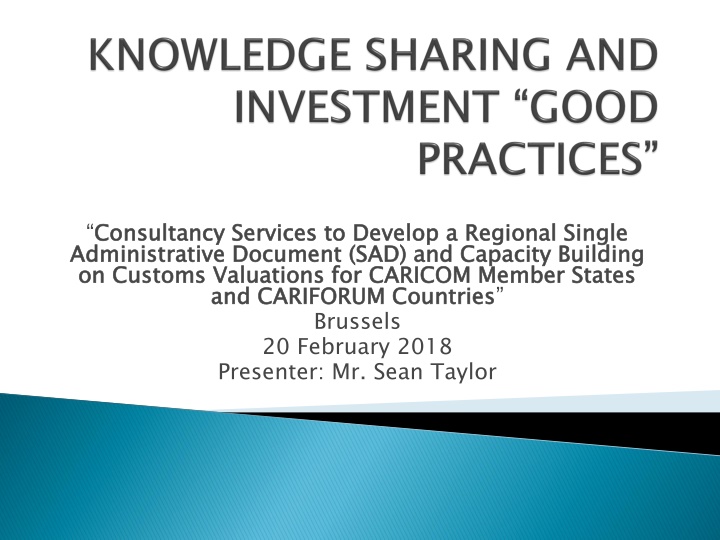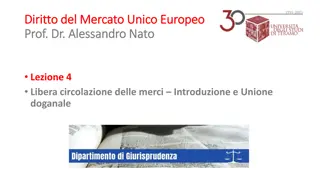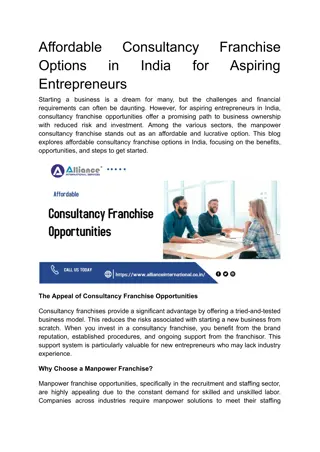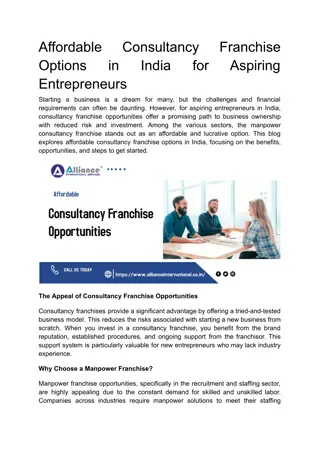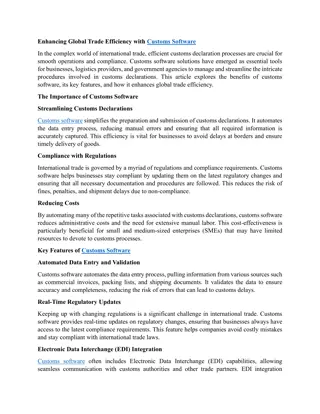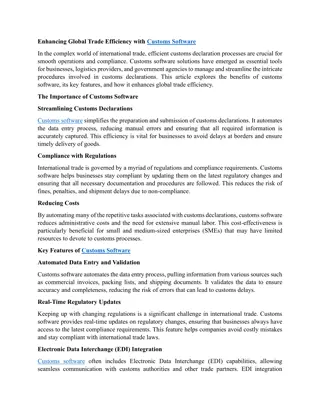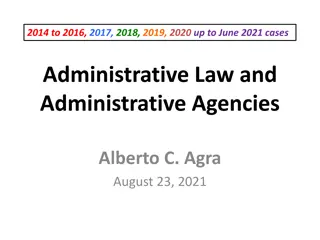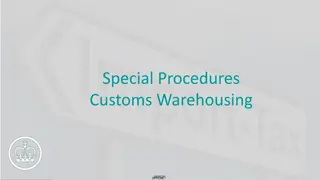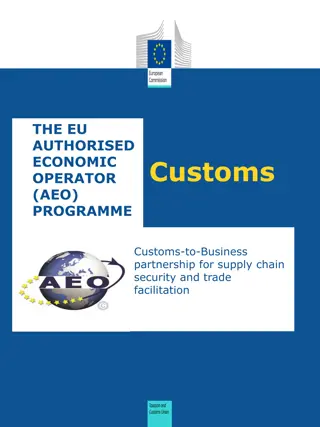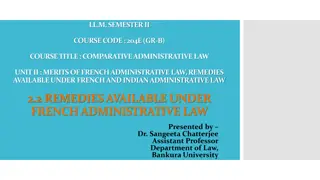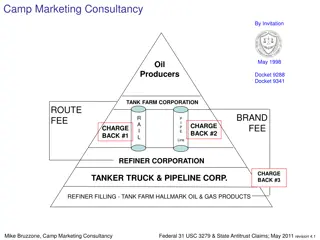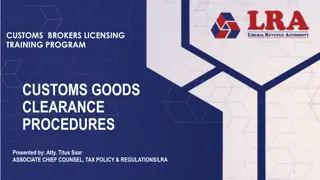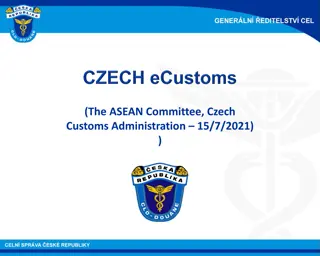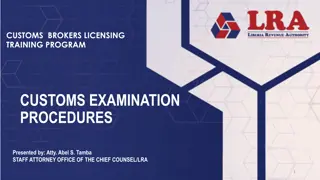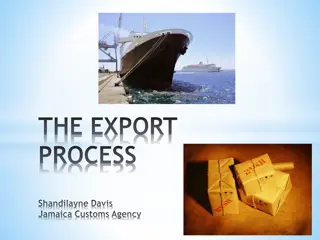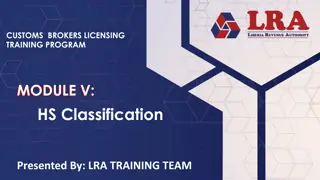Consultancy Services for Regional Single Administrative Document (SAD) Development and Customs Valuations Capacity Building in CARICOM and CARIFORUM
Consultancy services were provided to develop a Regional Single Administrative Document (SAD) and enhance customs valuations capabilities for CARICOM and CARIFORUM countries. The initiative aimed to streamline administrative processes, standardize data requirements, and facilitate data sharing among member states. This consultancy, launched in late 2017, supported the implementation of the CARIFORUM-EU Economic Partnership Agreement by creating a Regional SAD and offering capacity building for customs officials on valuations and declarations procedures.
Download Presentation

Please find below an Image/Link to download the presentation.
The content on the website is provided AS IS for your information and personal use only. It may not be sold, licensed, or shared on other websites without obtaining consent from the author.If you encounter any issues during the download, it is possible that the publisher has removed the file from their server.
You are allowed to download the files provided on this website for personal or commercial use, subject to the condition that they are used lawfully. All files are the property of their respective owners.
The content on the website is provided AS IS for your information and personal use only. It may not be sold, licensed, or shared on other websites without obtaining consent from the author.
E N D
Presentation Transcript
Consultancy Services to Develop a Regional Single Administrative Document (SAD) and Capacity Building on Customs Valuations for CARICOM Member States and CARIFORUM Countries Brussels 20 February 2018 Presenter: Mr. Sean Taylor Consultancy Services to Develop a Regional Single Administrative Document (SAD) and Capacity Building on Customs Valuations for CARICOM Member States and CARIFORUM Countries
CARIFORUM-EU Economic Partnership Agreement was provisionally applied. EPA is a trade and development Agreement which aims to further integrate the CARIFORUM States into the global economy and promote regional integration. EPA provides for asymmetric and progressive opening of trade in goods- Thirteen percent of the products from the EU remains subject to tariffs-gradual phase-out of tariff up to 25 years. signed in October 2008 and is being
EPA investment, trade related issues like competition, innovation development cooperation as well as customs and trade facilitation (Chapter 4, Title I Trade in Goods). covers trade in goods and services, and intellectual property,
Article 31 (2) (c ) speaks to the need to apply a Single Administrative Document (SAD) or its electronic equivalent in the EU Party and CARIFORUM. Article 33 requires that the Agreement on Implementation of Article VII of GATT 1994 govern customs valuations on trade between the Parties.
A Regional SAD has the following benefits: Simplification of administrative requirements; Rationalization and reduction of administrative documentation; Standardization of the required data; and Harmonization of data shared from one Member State to another.
In late 2017, the Consultancy was launched with the following Outputs: A Regional SAD for CARICOM and subsequently for CARIFORUM as per the Economic Partnership Agreement (EPA) in accordance with WCO Data Model Version 3; and Support the CARICOM and CARIFORUM States through capacity building for customs officials on valuations and declarations in the application of the principles and procedures of the SAD.
The Consultants are expected to organise a three day regional training and consultation workshop in Georgetown, Guyana. The workshop has the following objectives: Consideration of the regional SAD and its implementation modalities; and Provision of training to customs officials on customs valuation.
Review of the Terms of Reference for the Project revealed some weaknesses: Over emphasis on Desk Research; The approach to the valuation component had to be re-thought; and Limited understanding of the regional context (in relation to valuation training needs).
To address over emphasis on desk research it was necessary to introduce field visits into the Project Ideally, all the CARIFORUM Sides should be visited Due to budgetary constraints a representative sampling of nine States was selected Field visit phase was completed in early February 2018
Field visits Identification of key stakeholders to champion the Project in States Monitoring and Evaluation Committee Review of Technical Offers
